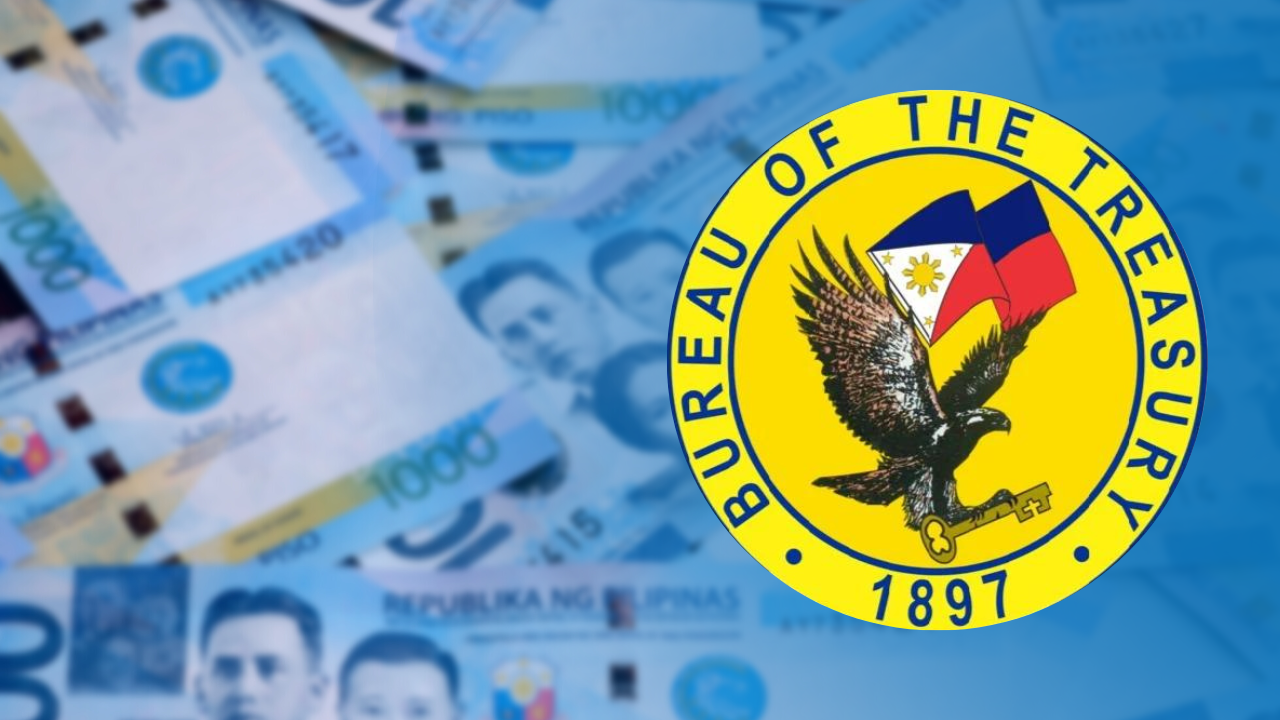MANILA, Philippines — The government’s outstanding debt rose in January due to a weak peso and after the Marcos administration borrowed more from local creditors than what it paid for its maturing liabilities, the Bureau of the Treasury (BTr) reported Friday.
Data showed state obligations increased 1.9 percent month-on-month to P14.79 trillion as of January.
In a statement, the BTr attributed the fatter debt stock to net issuance of domestic securities and the effect of peso depreciation.
Broken down, local debt, which accounted for 68.71 percent of the total pile, amounted to P10.16 trillion, up by 1.44 percent.
READ: Significant increase in PH gov’t borrowings seen in 2024 — S&P
In January, the BTr said gross sale of domestic debt securities like Treasury bonds and Treasury bills reached P211.11 billion while the government settled P69.67 billion in local borrowings that fell due. That yielded a net local financing of P141.44 billion.
Meanwhile, the weakness of the peso against the US dollar bloated the value of foreign currency-denominated domestic debts by P2.81 billion in January.
Data from the BTr showed the peso depreciated against the greenback to 56.403 as of end-January, from 55.418 on the last trading day of December 2023.
At the same time, external debts inched up by 0.65 percent to P4.63 trillion after the peso’s weakness added P81.73 billion to the total pile.
Finance Secretary Ralph Recto earlier said the Marcos administration is planning to borrow a total of P2.46-trillion from creditors at home and abroad this year to plug a projected budget deficit of P1.4 trillion.
